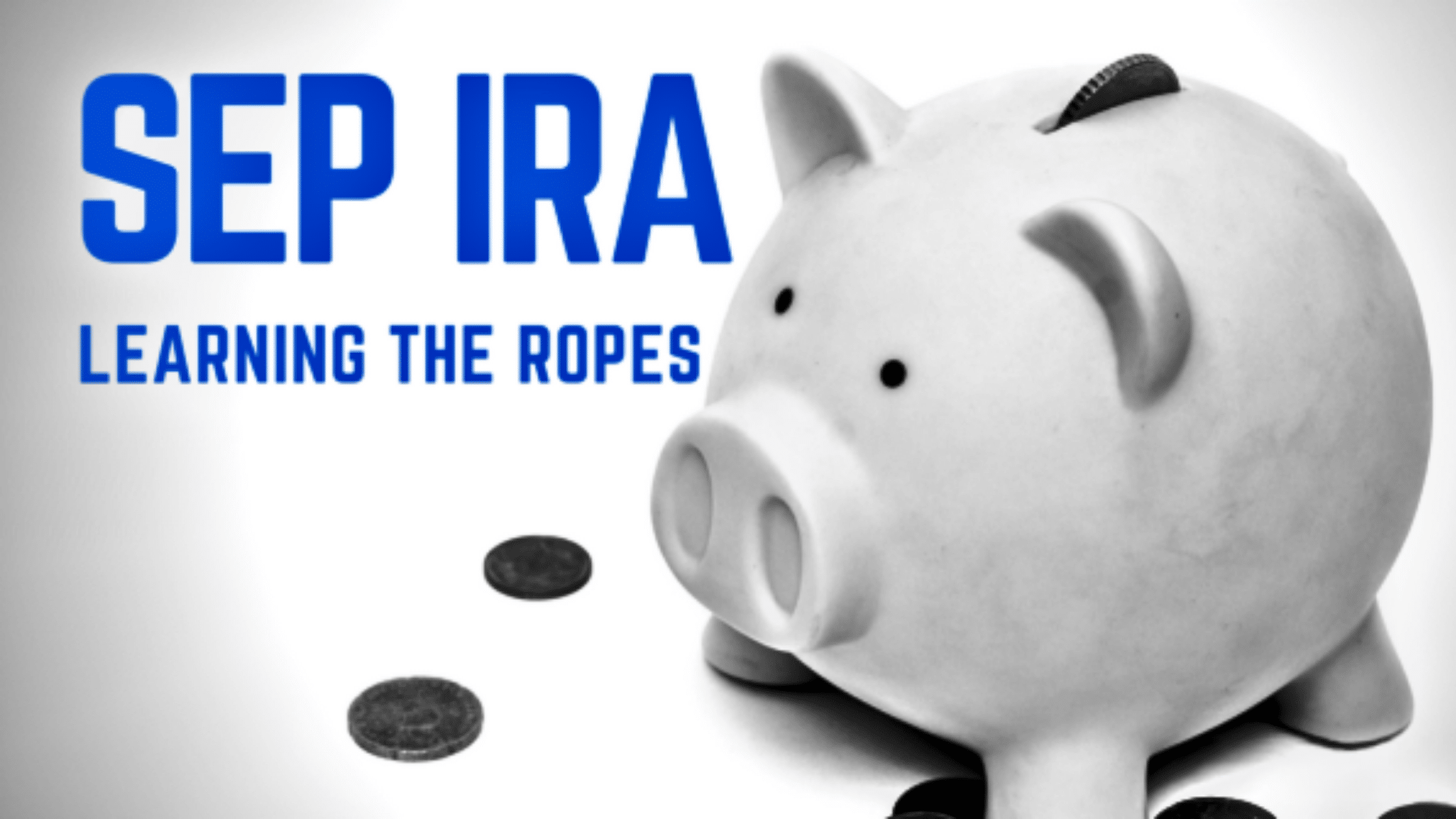SEP IRAs offer a number of advantages to self-employed individuals. Flexible options, high contribution limits, and simplified account management make SEP IRAs a great tool for small businesses and freelancers alike. Establishing a SEP IRA is fast and easy. Start saving for retirement this year – brush up on the basics on SEP IRAs.
What is a SEP IRA?
SEP IRA stands for Simplified Employee Retirement (plan) Individual Retirement Account and is pronounced letter by letter.
A SEP IRA is: A flexible retirement savings account opened by an employer on behalf of the employee. SEP IRAs allow high contribution limits, annual deposit discretion, tax advantages for employers and more.
Simply put, a SEP IRA offers retirement planning with the kind of flexibility a small business requires. Employers can deposit annual amounts they feel comfortable with or make no deposit at all. Deposits can be made in amounts totaling up to 25% annual business income or $55,000 (whichever amount is lowest). On the opposite end, employers with a particularly challenging year may choose to forego making SEP IRA contributions without any penalty. The maximum allowable contribution amount to a SEP IRA generally increases annually with inflation. Previous caps on SEP IRA contributions amounted to $53,000 in 2016 and $54,000 in 2017).
SEP IRAs allow up to 10 times the annual contribution amount as traditional IRAs, for those under age 50. In 2018, traditional IRA account contributions remain limited to $5,500 annually (the same amount as for 2017). Those over age 50 can contribute an additional $1,000 per year yet even after the small increase, SEP IRAs still allow an additional $48,000 more in annual contributions. Contributions to a SEP IRA remain untaxed until withdrawal yet under special circumstances, money may be accessed without penalty. Similar to 401K’s, withdrawals prior to age 59 ½ may be subject to a 10% additional tax. To help in your decisions, speak to a financial professional before making withdrawals from a retirement savings account.
Who Can Establish a SEP IRA?
The qualifications for establishing a SEP IRA account are simple:
For entrepreneurs:
- Any person with a freelance income can open a SEP IRA
- Any business with one or more employee can open a SEP IRA
Legally, an EIN is not necessary for opening a SEP IRA but most brokers and institutions require an EIN to establish a SEP IRA. An EIN (Employer Identification Number) is a federal business identifier and can be obtained at no cost directly from the IRS. Sole proprietorships, partnerships, and corporations are all potentially eligible to open a SEP IRA.
For employees to participate they must be over the age of 21, make over $600.00 annually, and must show a total of 3 years employment during the previous 5-year period. This time need not be consecutive.
SEP IRAs belong to the employee, but contributions to the SEP IRA account must be made by the business owner. These contributions are immediately 100% vested for each plan participant. Employers are under no obligation to contribute annually, yet if a business owner makes a contribution to their own account they must contribute the same sum to each eligible employee’s SEP IRA as well. Contributions to a SEP IRA are tax-deductible for entrepreneurs and freelancers.
For more information on SEP IRAs, and other ways to save for retirement, contact the financial professionals at High Bluff Private Wealth. To schedule a financial consultation in San Diego, click here or call (858) 792-7027.
Each plan has unique requirements, and you should consult your attorney or tax advisor for guidance on your specific situation. This material was created for educational and informational purposes only and is not intended as ERISA, tax, legal or investment advice. If you are seeking investment advice specific to your needs, such advice services must be obtained on your own separate from this educational material.[/vc_column_text][/vc_column][/vc_row]
The opinions voiced in this material are for general information only and are not intended to provide specific advice or recommendations for any individual.





